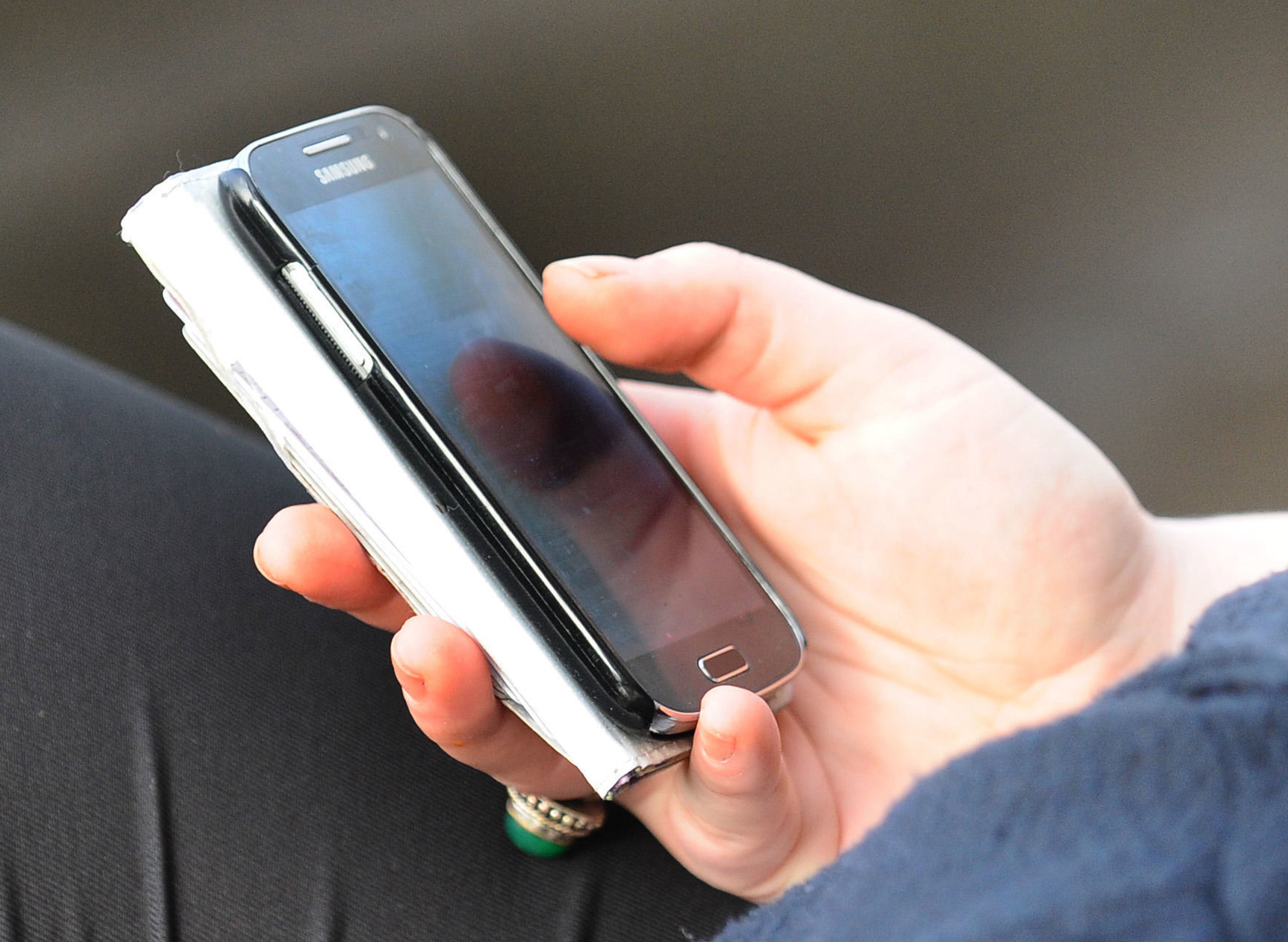Surge in fake delivery texts as fraudsters exploit pandemic
‘Couriers and the telecoms industry must take further steps to protect consumers’ say Which?

Three in five people have received fake delivery company texts over the past year as fraudsters have tried to exploit the pandemic, new research has revealed.
With many households relying on deliveries during lockdown, scammers are posing as couriers and delivery companies to trick people into handing over their bank details.
Of those who received the scam texts, four in five (79 per cent) realised it was fake immediately - but 3 per cent said they lost money to the scam, the research conducted by Which? found.
The consumer group also conducted its own experiment, setting up four new Sim cards with major network providers.
The consumer champion said despite the numbers not being shared with anyone, two out of the four received at least one scam text message in just a two-week period.
Scammers use computers to generate combinations of numbers and send messages in bulk using “Sim farms” - devices that operate several Sim cards at a time, Which? said.
Numbers are often masked or “spoofed” to avoid detection - so someone may appear to have received a text from a delivery company, when it is actually a scammer.
Of those surveyed who said they received one or more scam texts, seven in 10 (70 per cent) had received one purporting to be from the Royal Mail.
Messages usually request a small payment for a parcel to be delivered, with a link to a copycat Royal Mail website, and victims are then called by scammers to try to trick them into sending large sums of money.
DHL, DPD and Hermes were the other most commonly impersonated companies in the consumer group’s survey. Some other scam texts impersonated UPS.
Adam French, Which? consumer rights expert, said: “Couriers and the telecoms industry must take further steps to protect consumers, by making it harder for fraudsters to exploit systemic weaknesses to reach potential victims, and by making people more aware of how to spot such scams.”
More than 2,000 people were surveyed across the UK in May.
Royal Mail told Which?: “We remind our customers that Royal Mail will only send email and SMS notifications in cases where the sender has requested this when using our trackable products that offer this service. In cases where customers need to pay a surcharge for an underpaid item, we would let them know by leaving a grey ‘fee to pay’ card. We would not request payment by email or text.
“The only time we would ask customers to make a payment by email or by text is in some instances where a customs fee is due. In such cases, we would also leave a grey card telling customers that there’s a fee to pay before we can release the item.”
DHL said: “We’re alerting our customers via social media and on our public websites that there are fraudulent SMS messages circulating.”
DPD said: “Our focus has been on providing parcel recipients with a safe alternative to text and email notification and raising awareness of safe links.”
Hermes said: “Hermes would never ask for payment for redelivery and we advise customers to remain vigilant.”
UPS said: “While we are not liable for the actions of third parties, we work to prevent and detect fraud where possible.”
Additional reporting by PA
